“There has been no discussion about a new BRICS common currency, it is not on the agenda. What we have said and we continue to say is that transactions will be in local currencies and payments will be in local currencies,” Anil Sooklal, South Africa’s ambassador-at-large for Asia and BRICS, told a news conference.
However, Ambassador Sooklal admitted: "BRICS has gone through a process driven by conflict, unilateral sanctions. The days of a US dollar-centric world are over, that is a fact. Today we have a multipolar global trading system."
According to Mr. Sooklal, the process of introducing a common currency will require stronger mutual investment and trade among BRICS. Therefore, Ambassador Sooklal pointed out that discussions at the BRICS (Brazil, Russia, India, China, South Africa) summit in August will discuss increasing interoperability in transactions in local currencies because “countries want greater flexibility and less dependence on the US dollar”.
Brazilian President Luiz Inacio Lula da Silva and Russian Foreign Minister Sergei Lavrov are among BRICS leaders who have floated the idea of a common currency as the bloc aims to challenge Western dominance of global finance amid sanctions imposed on Moscow over its role in the conflict in Ukraine last year.
The Russia-Ukraine conflict has also prompted countries to look for alternatives to the dollar, especially among countries that are not US allies. Although Brazil, Russia, and China have supported the creation of a common BRICS currency, India’s foreign minister said earlier this month that the currency issue would remain a “national issue for a long time to come,” while South Africa’s central bank governor pointed out that a common BRICS currency would require a banking union, a fiscal union, and macroeconomic convergence.
The BRICS summit will take place in Johannesburg, South Africa from August 22 to 24. Russia will assume the rotating presidency of BRICS in 2024.
Source link



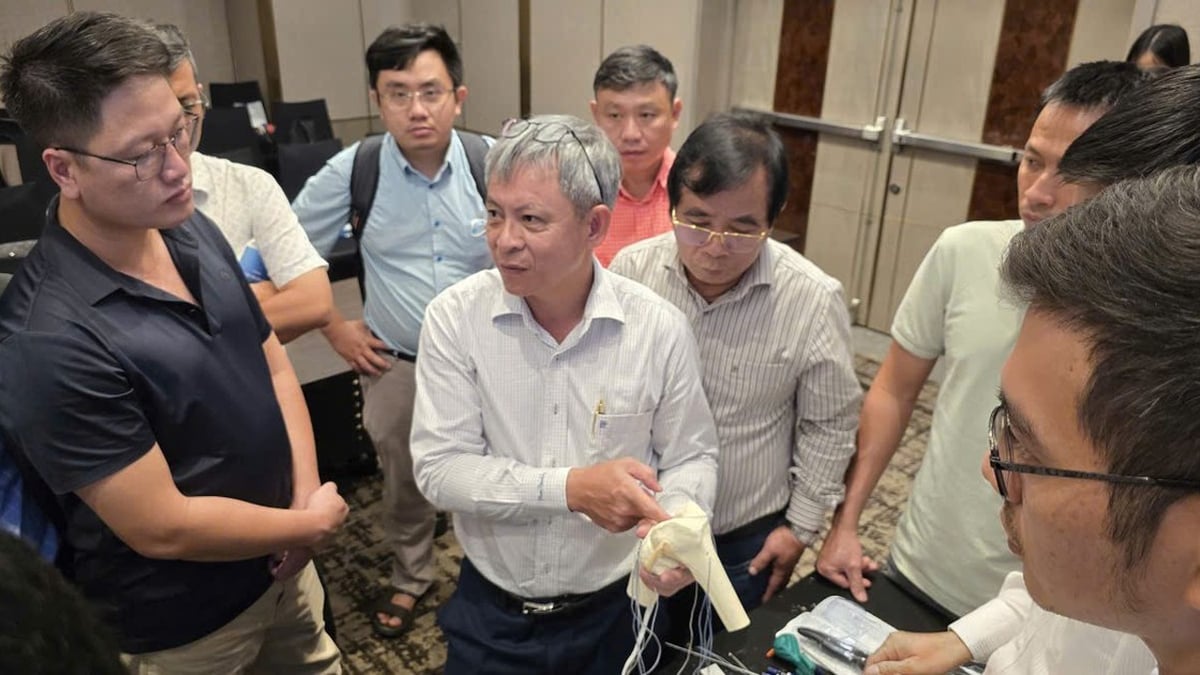

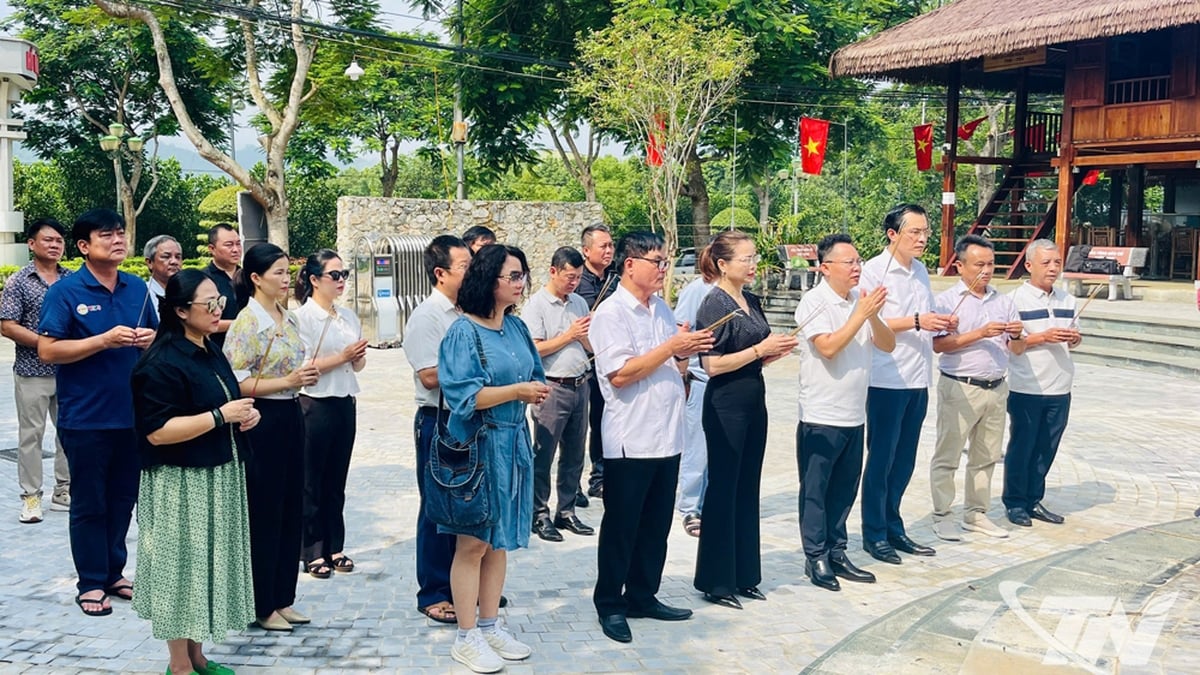
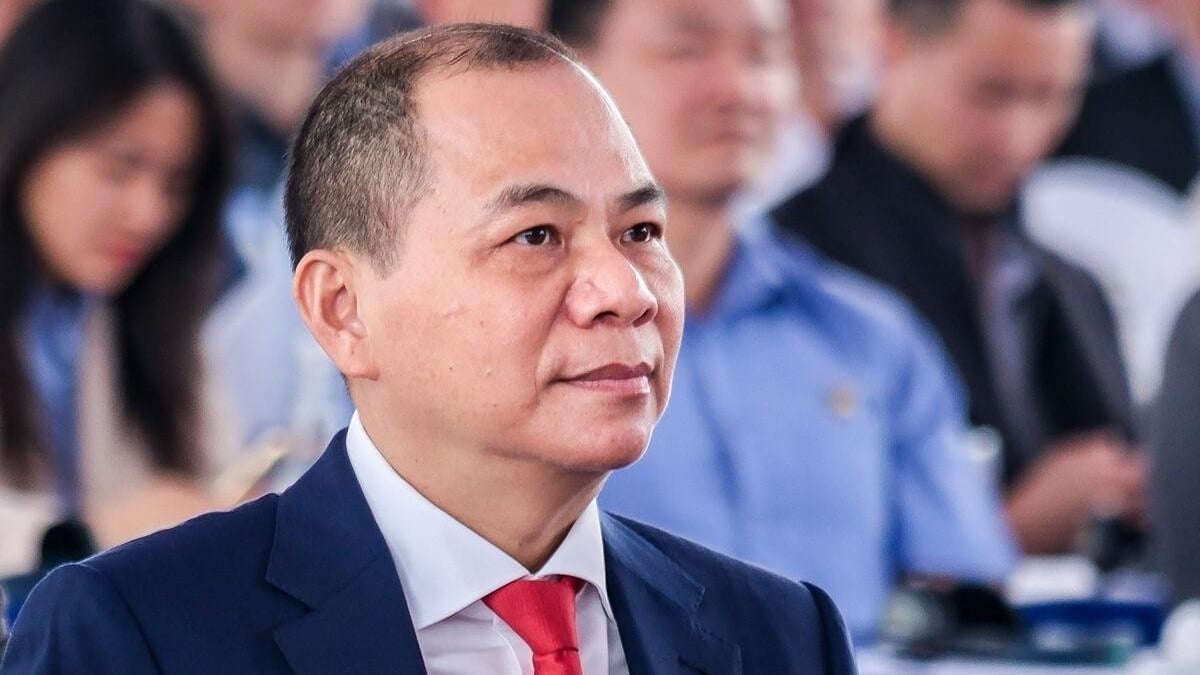


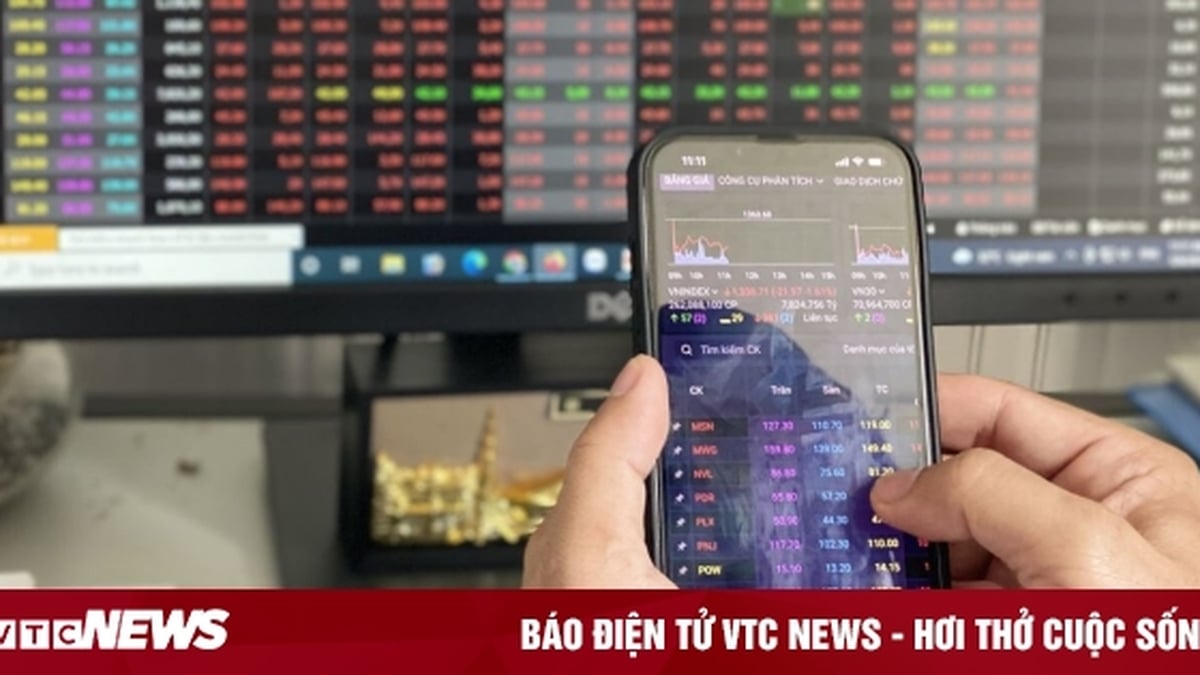










































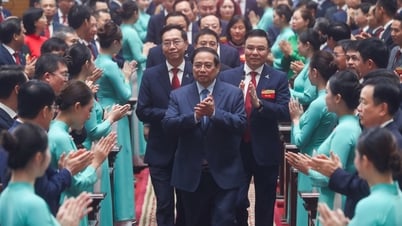












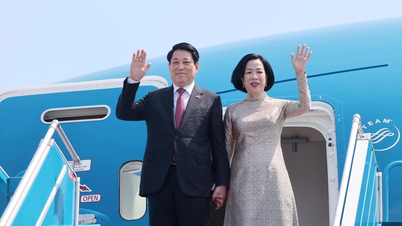

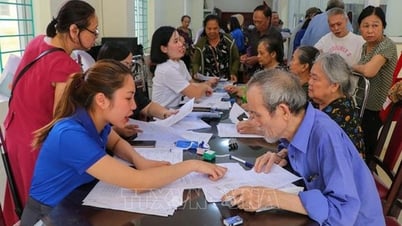



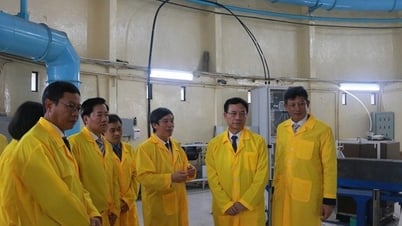



























Comment (0)